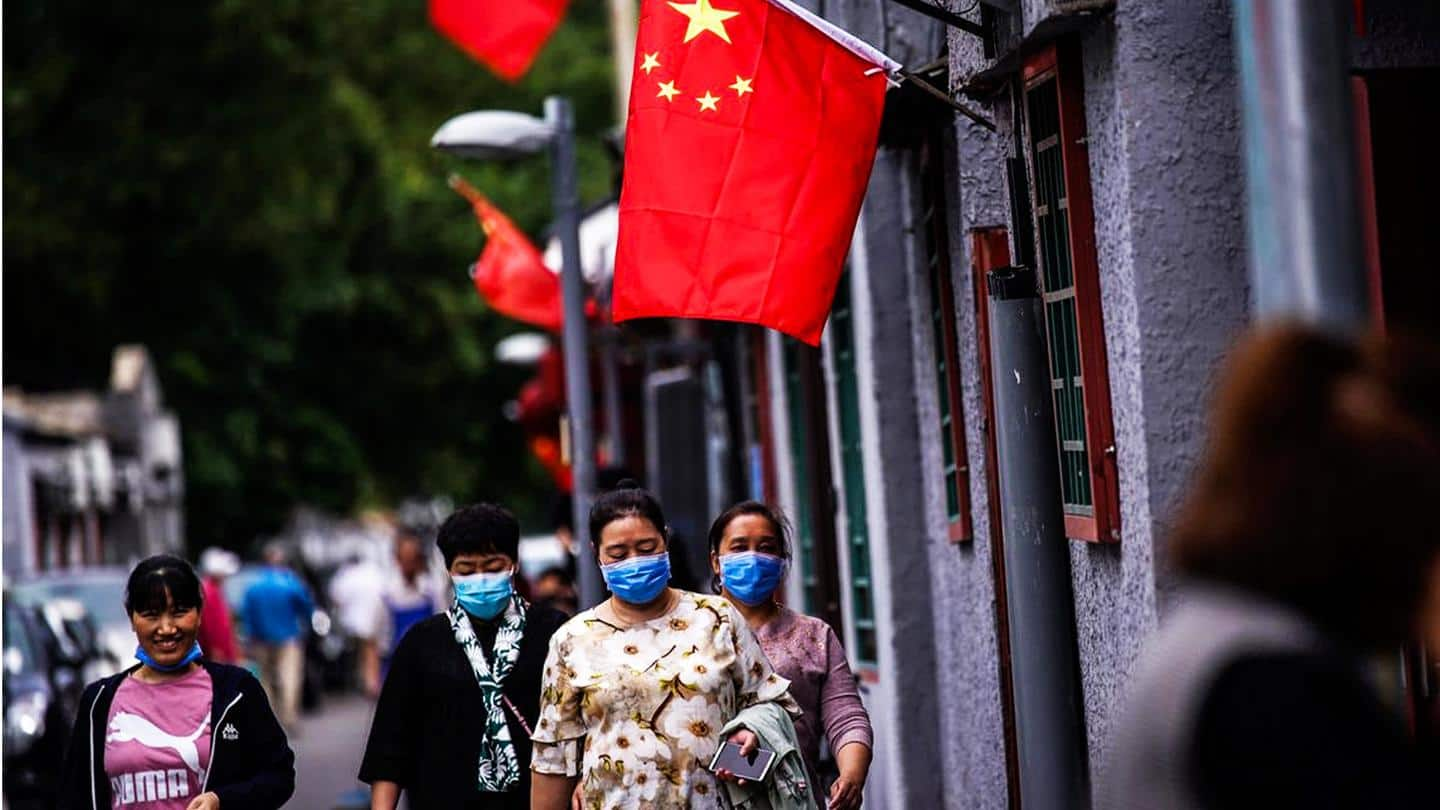
China overtakes US as world's richest; experts sound caution
What's the story
China has overtaken the United States as the world's richest country, a recent report by the research arm of consultants McKinsey & Co. revealed.
The study examined the balance sheets of 10 countries representing over 60% of world income.
It said that global wealth has tripled in the last two decades and China accounted for almost one-third of this global increase.
Context
Why does it matter?
China's wealth has ballooned from a mere $7 trillion in 2000 to $120 trillion in 2020.
Comparatively, the US could only double-up its wealth during the same period.
However, this increase in net worth was not in sync with global Gross Domestic Product (GDP), the McKinsey report highlighted.
The report cautioned that the "side-effects" of such a wealth boom could end in crisis.
Details
World now wealthier than ever
Global net wealth rose to $514 trillion in 2020 from $156 trillion in 2000.
"We are now wealthier than we have ever been," Jan Mischke, a partner at the McKinsey Global Institute in Zurich, told Bloomberg.
Although China's wealth grew by over 17 times, the US's wealth rose to $90 trillion.
America's shallower growth is attributed to a more muted rise in property prices.
Information
Two-thirds of wealth held by richest 10%
The US and China are the biggest economies in the world. However, in both countries, over two-thirds of the wealth is held by the richest 10% of households, the report said. It further said their share in global wealth has only been increasing.
Concerns
Surge in net worth surpassed global GDP
The surge in net worth in the last two decades had surpassed the increase in the global GDP, the report said.
This could be attributed to ever-increasing property prices due to the decline in interest rates, it said.
Compared to income, asset prices have risen almost 50% higher than their long-run average.
This has raised questions on the sustainability of the growth in wealth.
Information
Most wealth stored in real estate
Reportedly, 68% of this global wealth is stored in real estate. The rest is locked in infrastructure, machinery, and equipment, along with intangible goods like patents and intellectual property. Notably, financial assets are excluded from such assessments as they are effectively balanced out by liabilities.
Consequences
Side-effects of such wealth boom
Rising real-estate prices can make homeownership unaffordable for many people, pushing them out of the real estate market.
It can also lead to a grave financial crisis like the one that hit the US in 2008.
China could also be staring at a similar crisis over the debt of property developers like the China Evergrande Group, the report cautioned.
Solution
What can be the solution?
One likely solution is to direct the world's wealth into productive investments that could boost global GDP, the report suggested.
In a worst-case scenario, assets prices might collapse, which could wipe out up to one-third of world wealth.
In such a scenario, the global worth would again fall in line with world income, the report added.